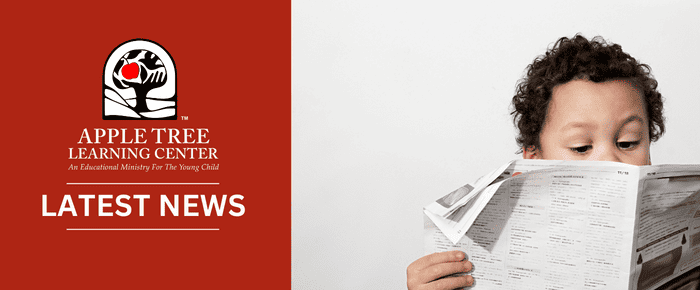Why Routines Are Important For Kids
 When a child knows what to expect, their world is more comfortable, it makes sense.
When a child knows what to expect, their world is more comfortable, it makes sense.
A routine lets a child know what to expect. A routine provides them with a sense that life is predictable. A routine is calming, providing a child with a sense of security.
A routine allows our kids to take part in our daily activities. A routine can help encourage independence in your kids.
When your child knows what to expect is coming next, they’re more willing to do it (period), but also more willing to do it on their own. How can we encourage this through routine? Often the routines we put in place circle around our daily, life skills. Take a look at some of our typical daily routines:
Morning Routine: Wake up, watch a show, make breakfast, potty, eat breakfast, getting dressed, put shoes and coat on, and out the door.
Naptime Routine: Make lunch, eat lunch, play a little, read a book and then naptime.
Bedtime Routine: Take a bath, put pajamas on, brush teeth, potty, read a book, and then bedtime.
If we take a look at the routines that we set in place for the children, we can identify where they can start to take over a task on their own.
Start by evaluating what your child is capable of, developmentally, maybe your one year old can try feeding themselves breakfast, your four year old is ready to start dressing themselves in the morning, or your six year old is ready brush their own hair.
Don’t be discouraged about having to carve out more time for your child to do things on their own. Eventually, they’ll get the hang of it. And you won’t need to be there to help them out. You may be able to find more time in your morning by simply reorganizing your routine. Instead of getting your child dressed after breakfast, just before leaving for school, give them their clothing to put on earlier in the morning, while you are making breakfast, packing lunches, or getting yourself ready. This has an added benefit of keeping them busy while you are getting ready. Before you know it, you’ll find yourself with extra time in the morning!
Source: http://handsonaswegrow.com/routines-important-kids/
Let’s Find Out! Three Tips For Raising Curious Kids
Young children are naturally curious. They have an itch to explore their world and figure out how things work. And parents have compelling reasons to foster this inherent inquisitiveness.
Curiosity is tied to academic achievement, with research showing “unequivocally that when people are curious about something, they learn more, and better.”
For parents, children’s unending questions can challenge our knowledge—and our patience. But if we want to nurture their curiosity, perhaps the best response we can give is simply this: “Good question. Let’s find out.”
Here’s how that might look:
Let’s explore: Rather than squelching toddlers’ and preschoolers’ curiosity, redirect it if necessary: “You can’t do that, but you can do this!” If they want to know what it’s like to draw on walls, make some bathtub paint and set them loose in the tub. Take kids on nature walks and follow their pace—as they stop to dig in the dirt, look at bugs, pick up leaves and hunt for “treasure.” If you let them explore independently—particularly with open-ended toys such as blocks and “make believe” materials—they get curious and are more likely to find new, creative ways to play.
Let’s look it up: In the information age, the answer to many “Why?” questions is in our pocket. When kids stump you—as mine regularly do me—it’s easier than ever to say, “I don’t know. Let’s look it up!” But before going online or to the bookshelf, first ask your child, “What do you think?”
Let’s ask an expert: Help your curious child see that we are surrounded by experts who are willing to share their knowledge. Curiosity can drive connections. Start by thinking about your network of friends and family—and how they might be able to share their skills, hobbies, and life experiences with your kids.
Source: http://www.pbs.org/parents/expert-tips-advice/2016/03/lets-find-three-tips-raising-curious-kids/





